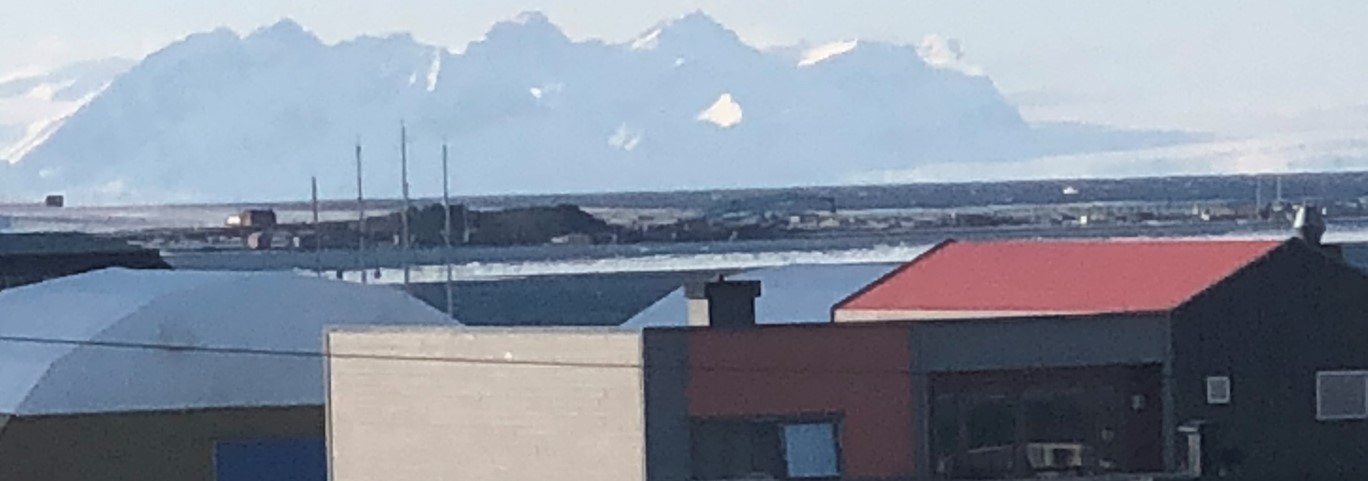Cold climates represent challenges to water management uncommon to warmer climates. Water distribution and wastewater transportation systems need to consider freezing threats, and most treatment processes will have a lower capacity and treatment efficiencies. These challenges are even more emphasized with the impacts of Climate Change.
Cold climate water management gets even more complicated as the climate changes. Ecosystems will be altered, arctic populations will be affected by changing fisheries and an increase in tourism due to easier access. Global warming and increased precipitation leads to increased pollution in raw water sources used for drinking water, and wastewater treatment plants receive increased quantity due to snow melting and precipitation.
At the end of this lecture students will have:
- understood the arctic processes and impacts related to water
- learnt about how Climate Change impacts water management in colder climates
- learnt about environmental, social and economical challenges in colder climates and how they are influenced by Climate Change
- an overview of challenges in water and wastewater transportation and treatment
Water management: Challenges in cold climate
Urban Water Management vs. Climate Change: Impacts on Cold Region Waste Water Inflows
Integrated stormwater management in cold climates
Wastewater Management: Northern Solutions for Northern Conditions
Green Facts - Facts on Health and the Environment
The GreenFacts Initiative is a non-profit project with an independent Scientific Board and a non-advocacy policy. Its mission is to bring complex scientific consensus reports on health and the environment to the reach of non-specialists. GreenFacts publishes clear, faithful, and verified summaries of existing scientific reports on health, the environment and sustainable development.
AMAP - Arctic Monitoring and Assessment Programme
AMAP`s mission is to provide reliable and sufficient information on the status of, and threats to, the Arctic environment.



